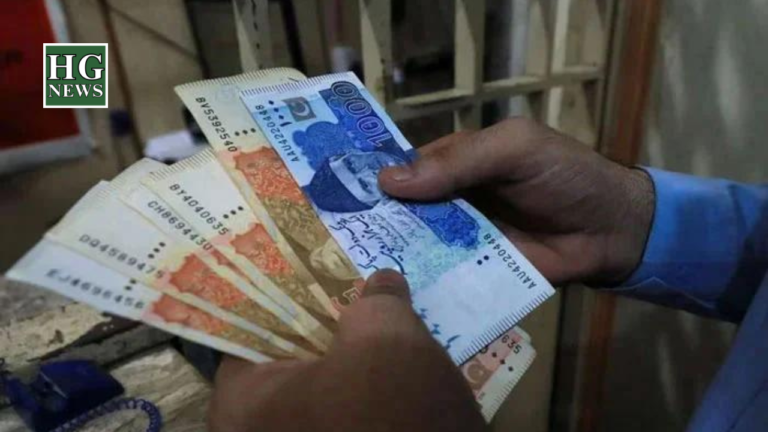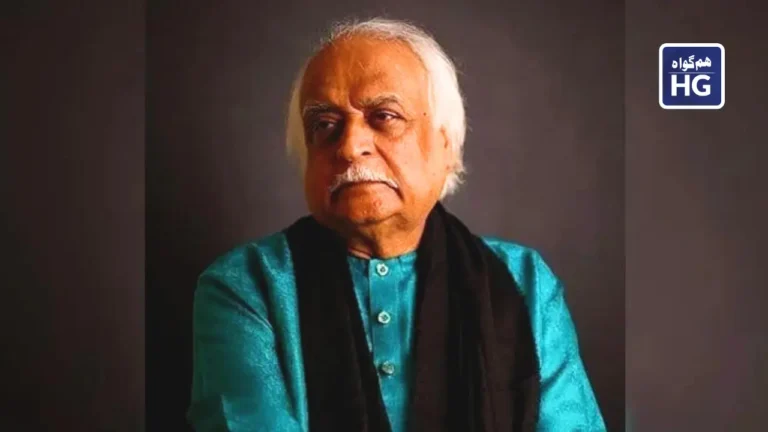Gawah Advertising presents the Quaid-e-Azam Day Celebration in Khanpur
As the nation eagerly anticipates the commemoration of Quaid-e-Azam Day on December 25, Gawah Advertising is all set to host a spectacular event in Khanpur, paying homage to the visionary leader who played a pivotal role in the creation of Pakistan.
Historical Context of Quaid-e-Azam
Muhammad Ali Jinnah, also known as the “Quaid-e-Azam” (Great Leader), was born on December 25, 1876, in Karachi. His leadership and firm commitment to the principles of unity, faith, and discipline were influential in the formation of Pakistan as an independent state for Muslims in South Asia. Quaid-e-Azam Day provides an opportunity for the nation to revisit and appreciate the sacrifices made and the challenges faced during the struggle for independence of Muslims.
Education:
Jinnah’s early education is from sun continent and his higher education is from London, where he studied law. He excelled in his studies and gained fame as a barrister, earning the title of “The Best Ambassador of Hindu-Muslim Unity” by Gopal Krishna Gokhale (was an Indian political leader).
Family Background:
Quaid e Azam Muhammad Ali Jinnah was born on December 25, 1876, in Karachi, a city that was then a part of British India. He belonged to a well-known merchant family and received his early education in Karachi.
Marriages:
Quaid-e-Azam married Emibai in 1892, who passed away shortly after their marriage in 1893. Jinnah then married Rattanbai (“Ruttie”) Petit in 1918, despite facing societal and familial opposition due to the age and cultural differences between them they continue their marriage with one daughter. Rattie, however, passed away in 1929 and was buried at Shia Ishna Ashari Jamaat Arambaug in Byculla, Mumbai.
Only Daughter:
Jinnah had one child, a daughter named Dina Wadia born in London on 15 August 1919, her mother was Rattie. Dina married Neville Wadia, a Parsi businessman, against Jinnah’s wishes. Despite the pinched relationship, Dina and Jinnah remained in contact, and she visited Pakistan after his death in 1948.
Lifestyle:
Quaid-e-Azam was known for his graceful and advanced lifestyle. He had an affection for fine clothing and enjoyed the finer things in life. He was known for his modesty and simplicity despite his dignified appearance.
Advocate for Women’s Rights:
Quaid-e-Azam was a powerful advocate for women’s rights and social equality. He encouraged women’s education and believed in their active involvement in the social and economic development of the nation.
Personal Beliefs:
Jinnah is known for his secular and liberal beliefs; he was an upholder of religious freedom and tolerance. He envisioned, for the Muslims of the subcontinent, Pakistan as a democratic state that would respect the rights of all citizens regarding their religion.
Friendship:
Quaid-e-Azam Muhammad Ali Jinnah was known for his reserved and private nature, and he didn’t have an immense circle of close friends. However, he did have remarkable associations with several individuals, especially those involved in the political and social domain. Here are a few notable friendships of Quaid-e-Azam: Allama Iqbal, Sir Agha Khan, Liaquat Ali Khan.
Health Issues:
In the later years of his life, Quaid-e-Azam faced serious health issues, including tuberculosis. Though with his down health, he continued to work vigorously for the nation. He passed away on 11 September 1948, shortly after the independence of Pakistan.
Celebrations on Quaid Day:
The formal event is organized at Mazar-e-Quaid and is usually attended by notable leaders, military officers, and citizens. On Independence Day, which is celebrated across the country on August 14th with great enthusiasm, a grand ceremony of changing guards was held at the mausoleum of the founder of Pakistan, Quaid-i-Azam Muhammad Ali Jinnah, in Karachi. These events were aimed at highlighting the lives of Jinnah and their struggles in life for Pakistan and for Muslims. All public and private sectors, including schools, colleges, and universities, remain closed to organize multiple events such as debates, seminars, and exhibitions at their respective locations.
Flag Hoisting Ceremonies:
The day starts with the symbolic act of hoisting the national flag at government buildings, educational institutions, and public spaces. This shows the unity and pride of the nation in its rich history.
Special Prayers:
Religious leaders conduct special prayers allover the country, focusing on the prosperity and well-being of Pakistan. These prayers highlights the values of unity, peace, and tolerance within the nation.
Educational Programs:
Schools and colleges organize special programs and seminars to educate students about the life and achievements of Quaid-e-Azam and to know about their struggles for the Muslims community and fostering a sense of patriotism and national pride.
Cultural Events:
Cultural events, including music and dance performances, art exhibitions, and theater productions, are organized to celebrate the diversity and richness of Pakistan’s cultural heritage. These events contributing to a shared national identity.
Quaid-e-Azam Awards:
The prestigious Quaid-e-Azam Award is given to individuals who have made exceptional contributions to their respective fields, showing the values and vision of the founder of the nation. This recognition serves as an inspiration for others to contribute positively to society.
Community Service:
Many people use Quaid-e-Azam Day as an opportunity to engage in community service and generous activities. This reflects the spirit of selflessness and compassion advocated by Quaid-e-Azam.
National Speeches and Broadcasts:
Political leaders and notable public figures often deliver speeches on national television and radio, spotlighting the principles of democracy, equality, and justice that were central to Quaid-e-Azam’s vision for Pakistan.
Conclusion:
Quaid-e-Azam Day is not just a historical milestone but a living testament to the ideals that shaped Pakistan’s foundation. It is a day for the nation to come together, celebrate its achievements, and recommit to the principles that Quaid-e-Azam envisioned for a united, prosperous, and tolerant Pakistan. As the day unfolds each year, it serves as a reminder of the enduring legacy of a remarkable leader and the responsibility of every citizen to contribute to the progress and well-being of the nation.








Happy Qaid Azam Day